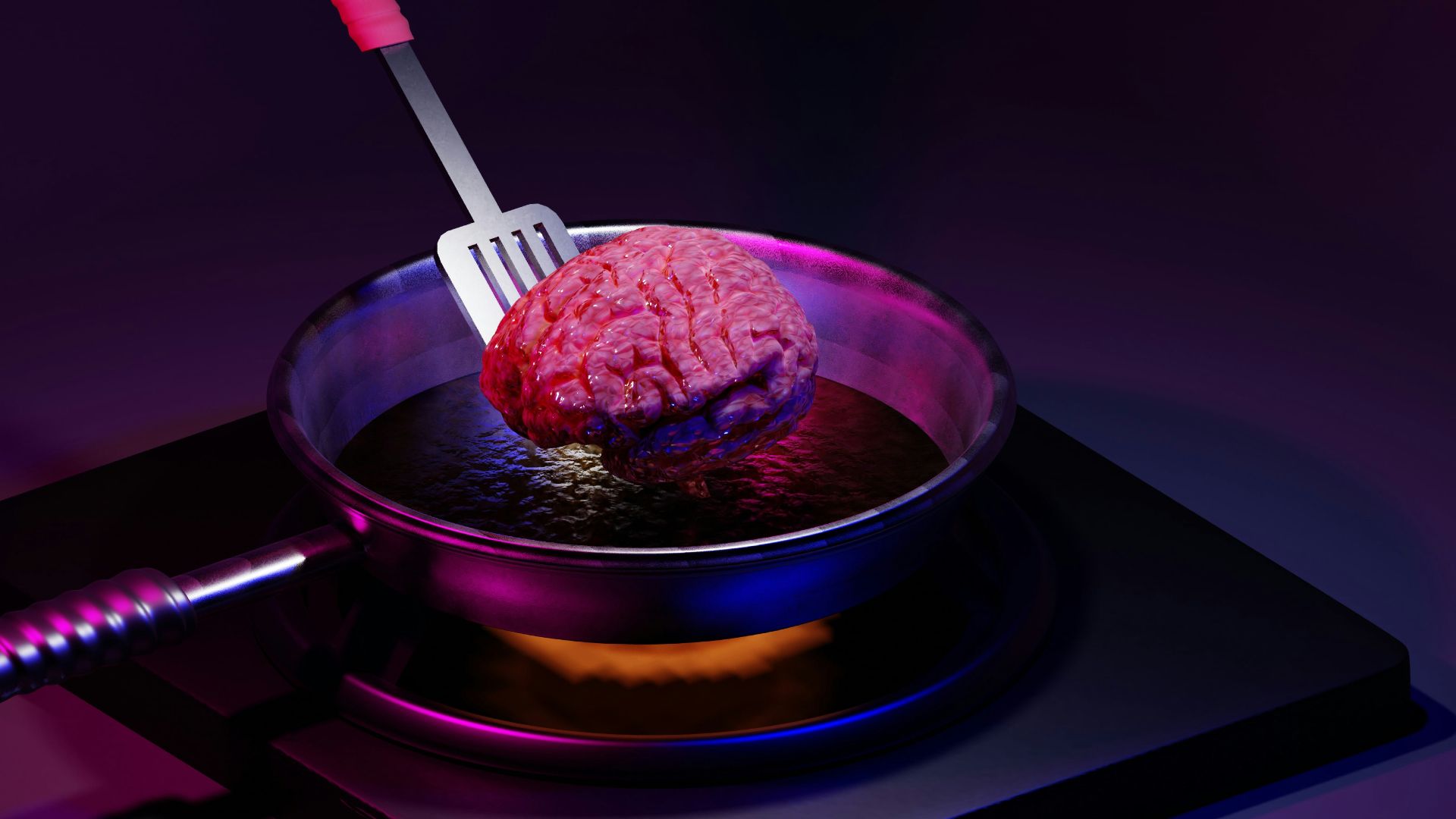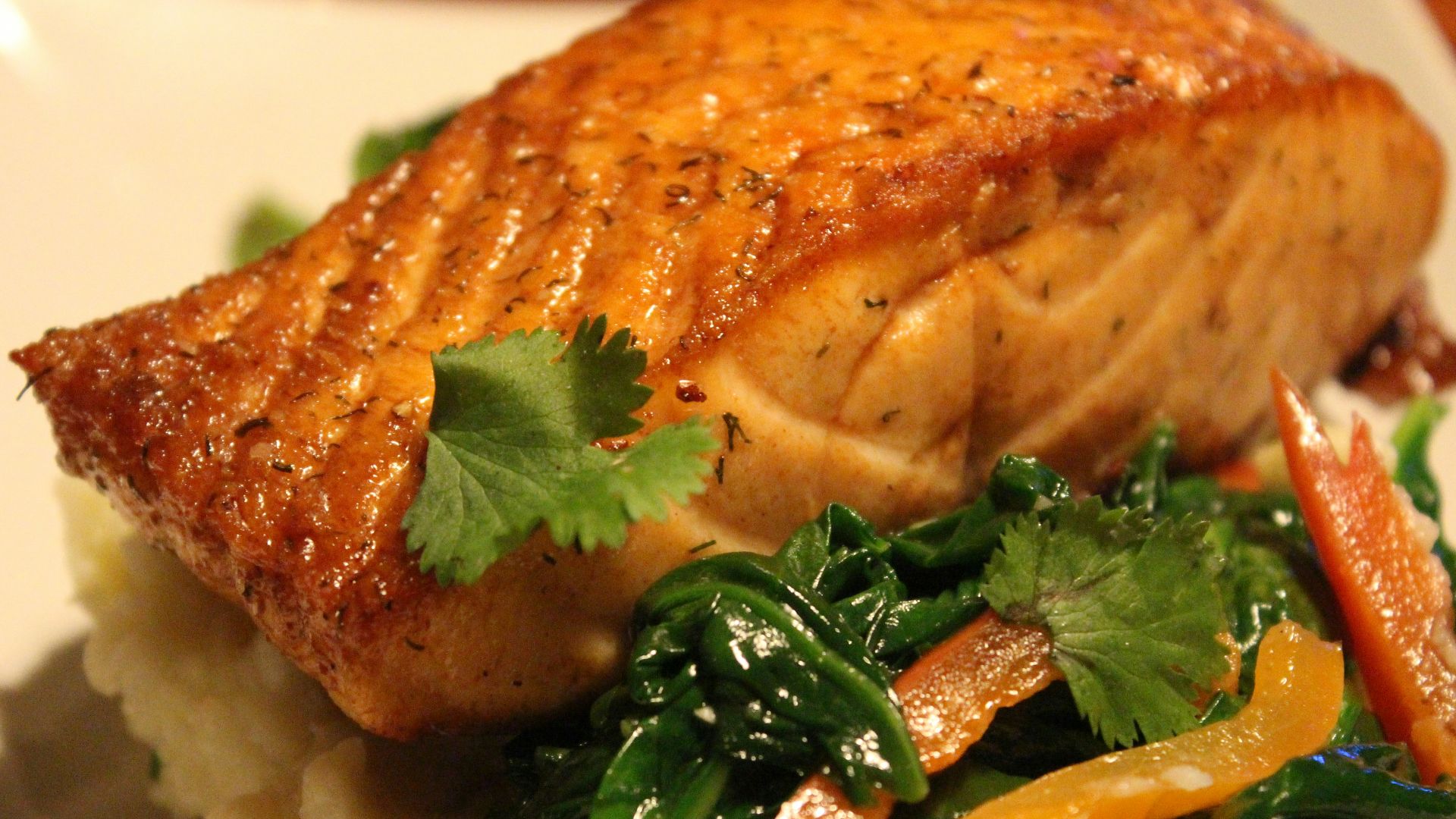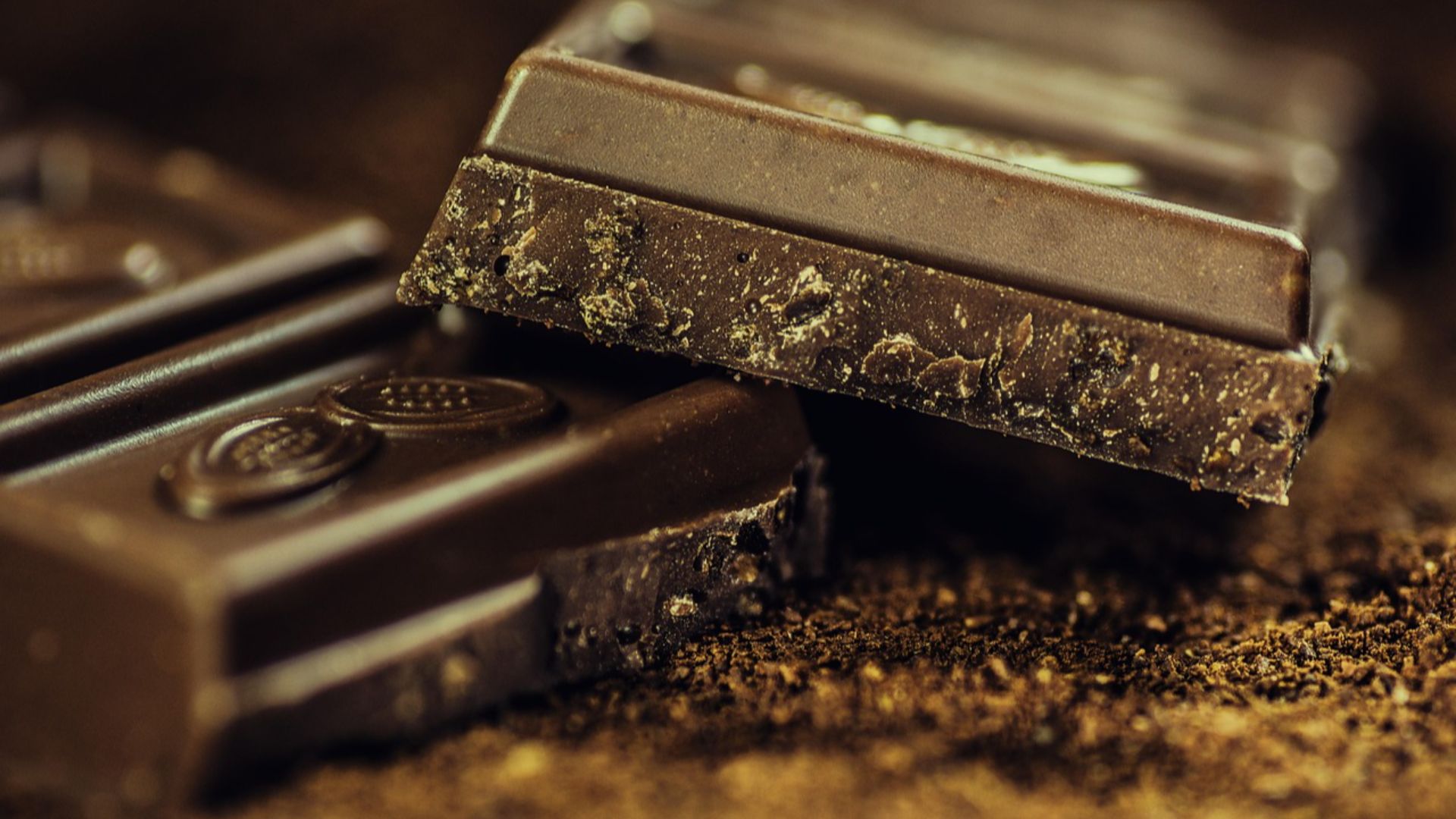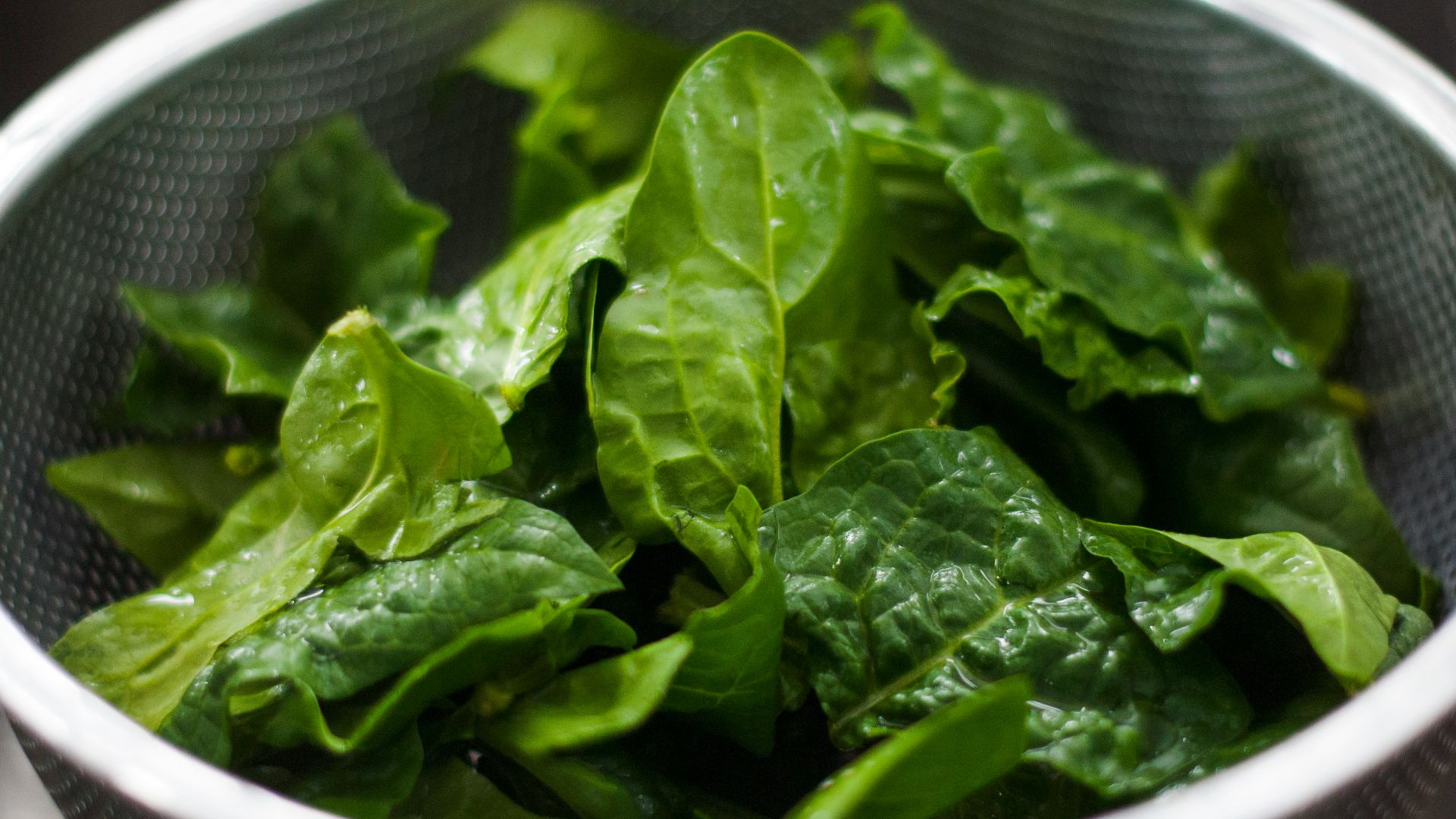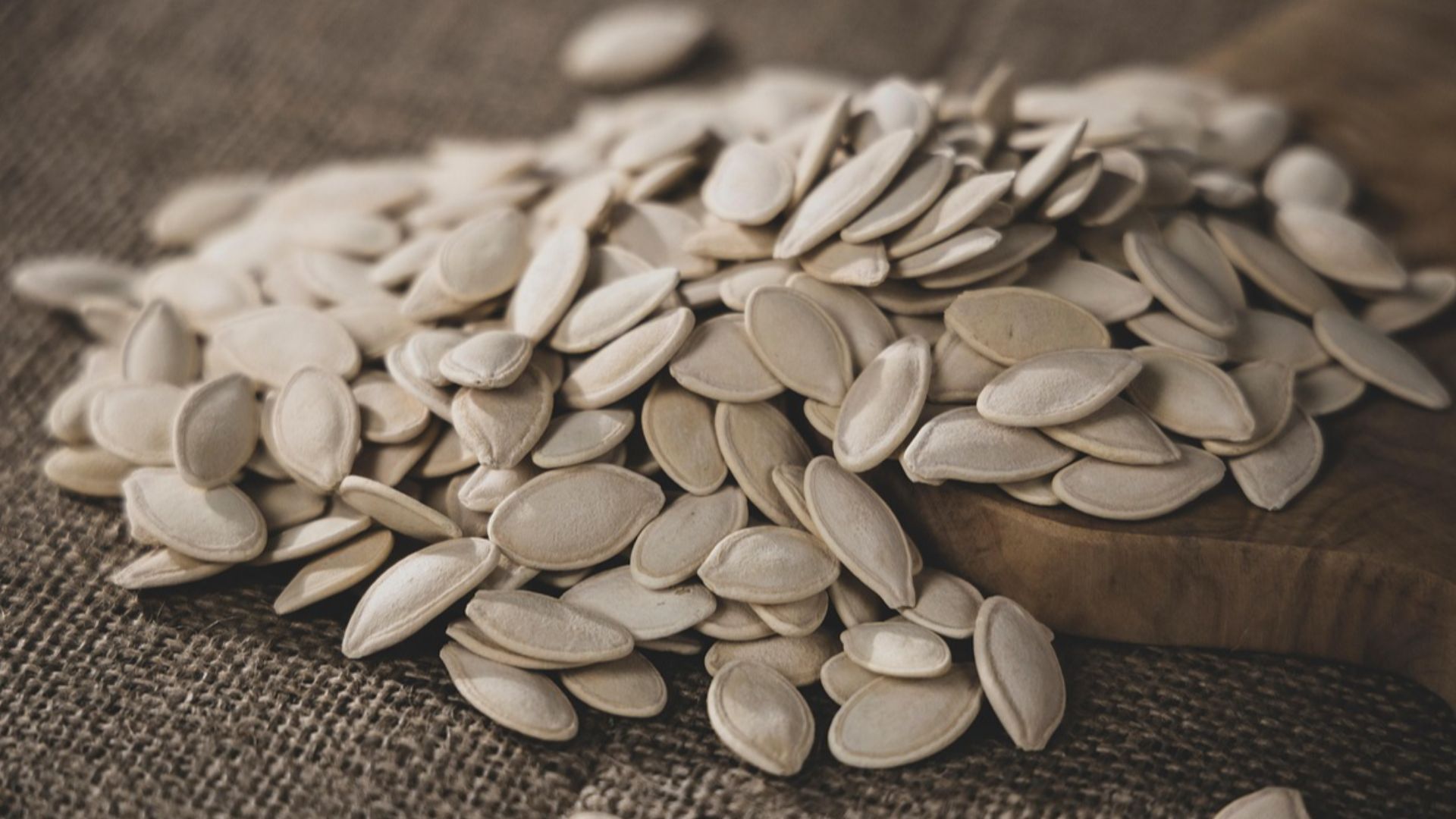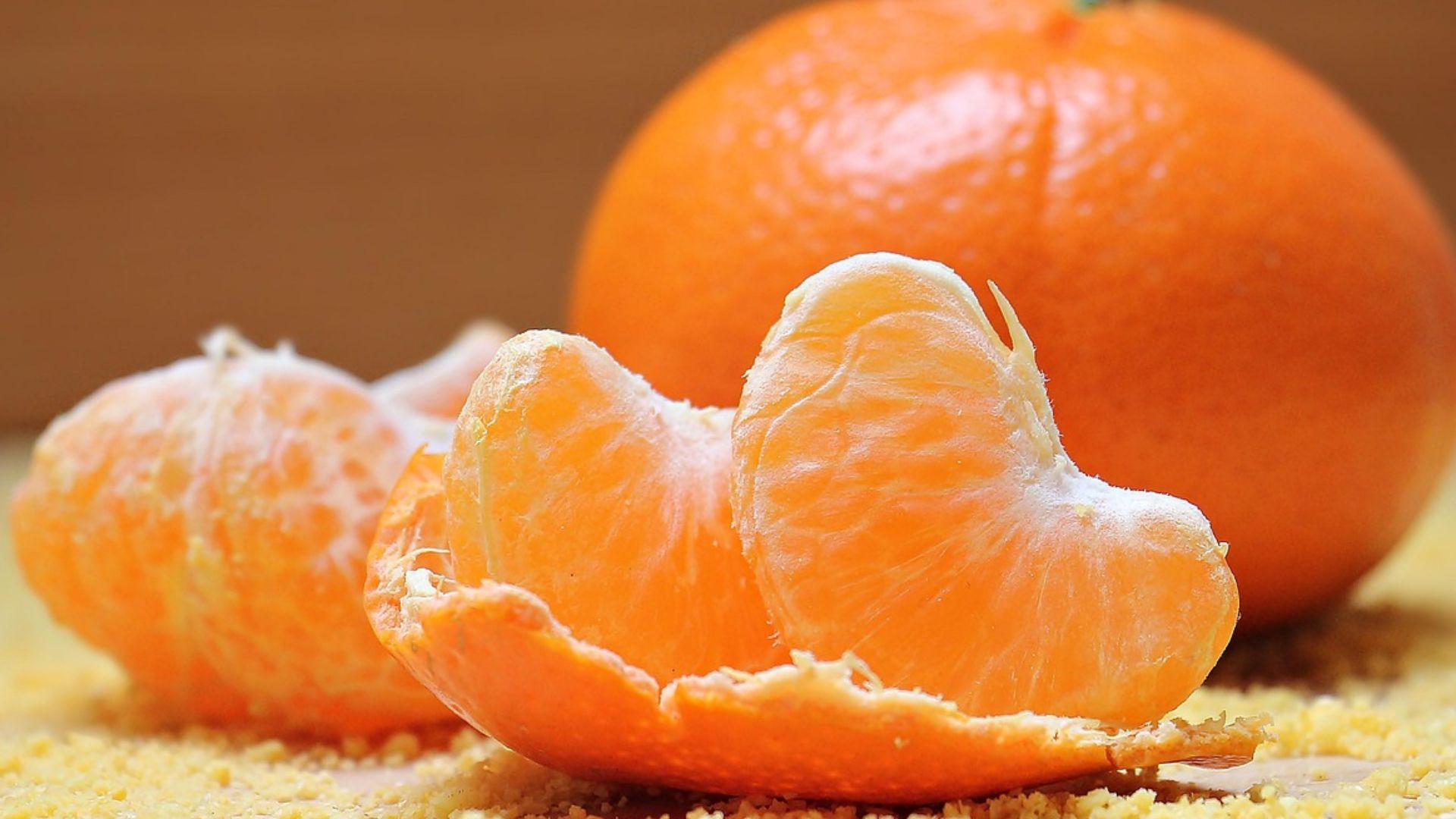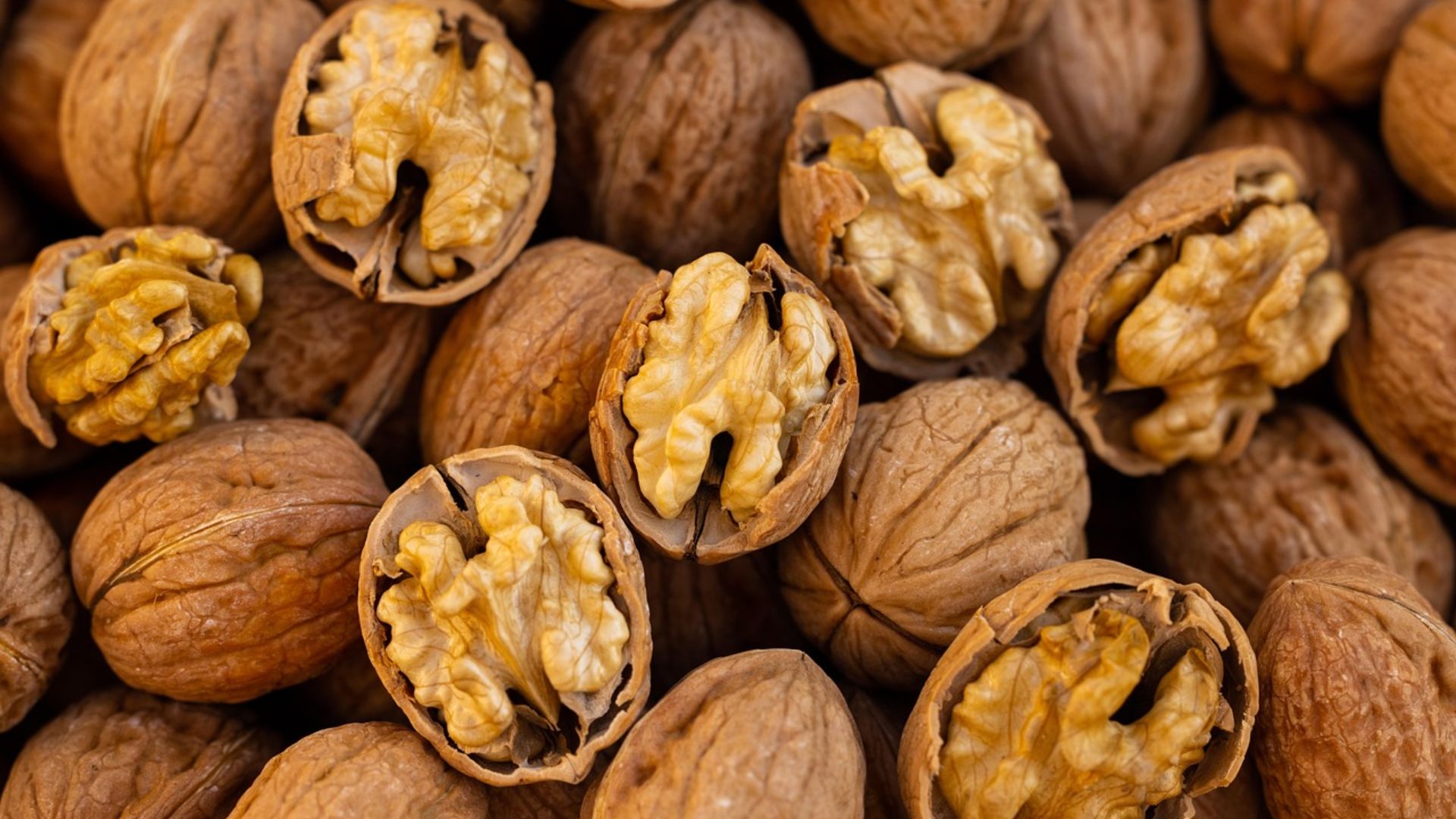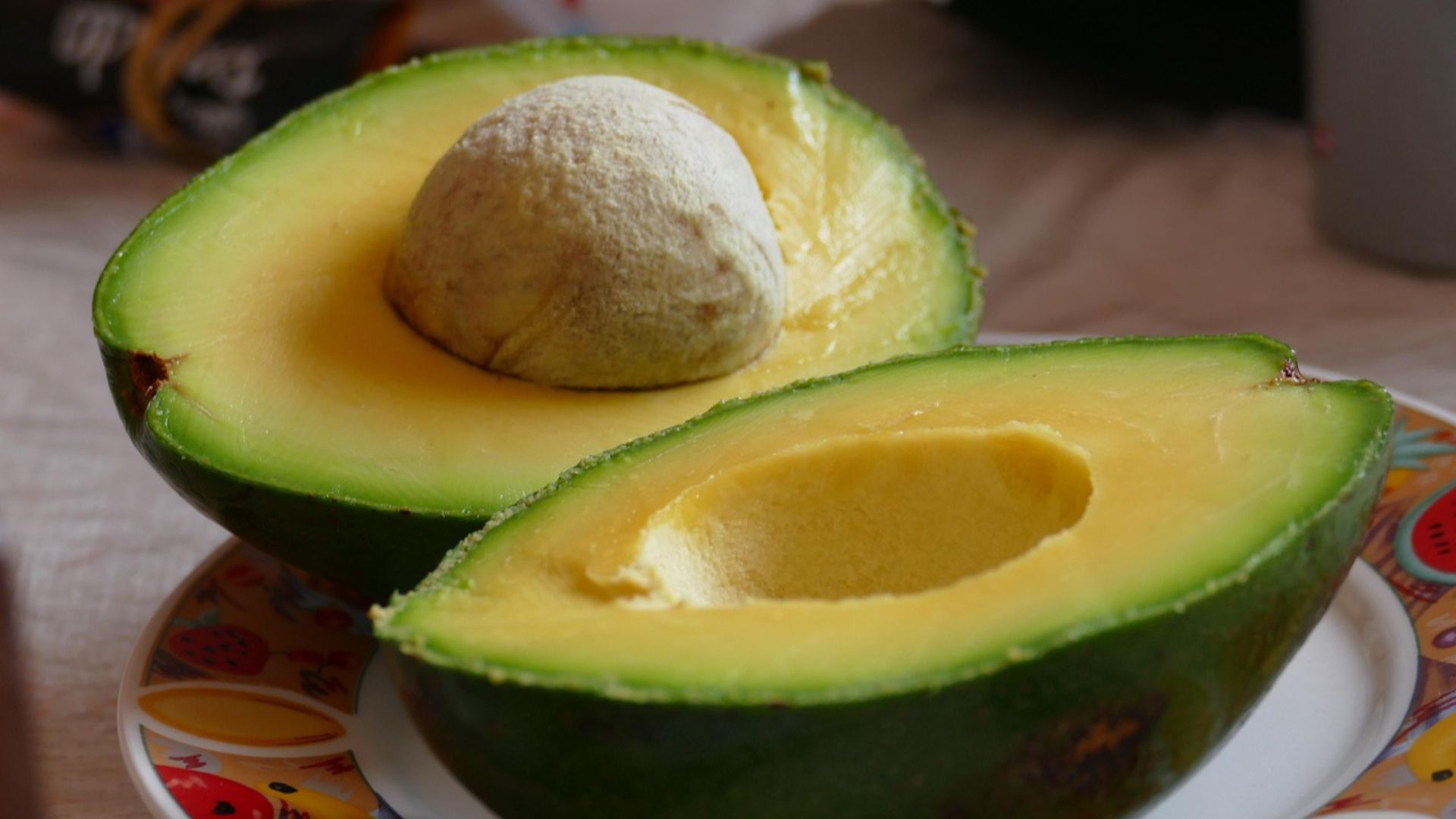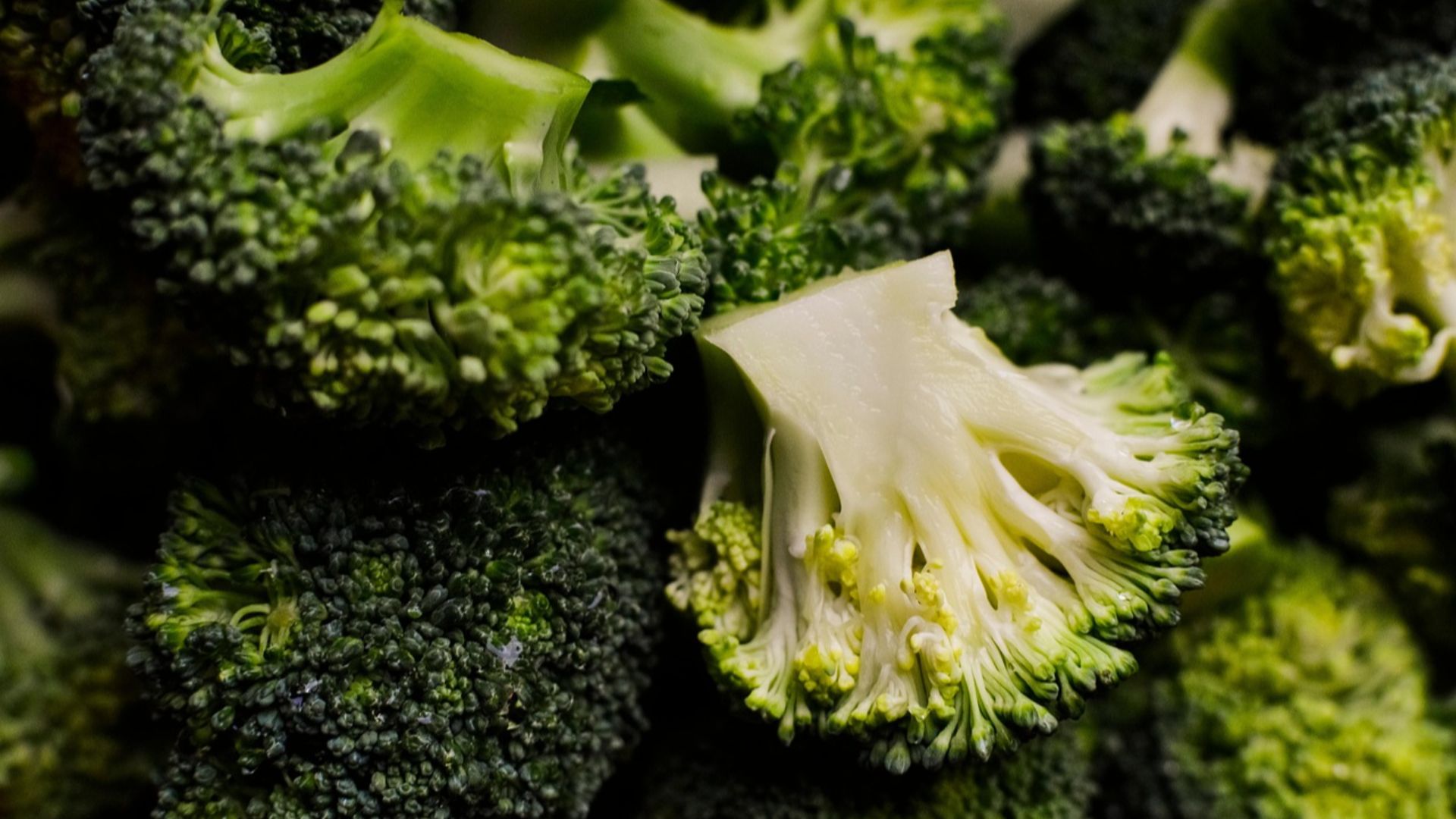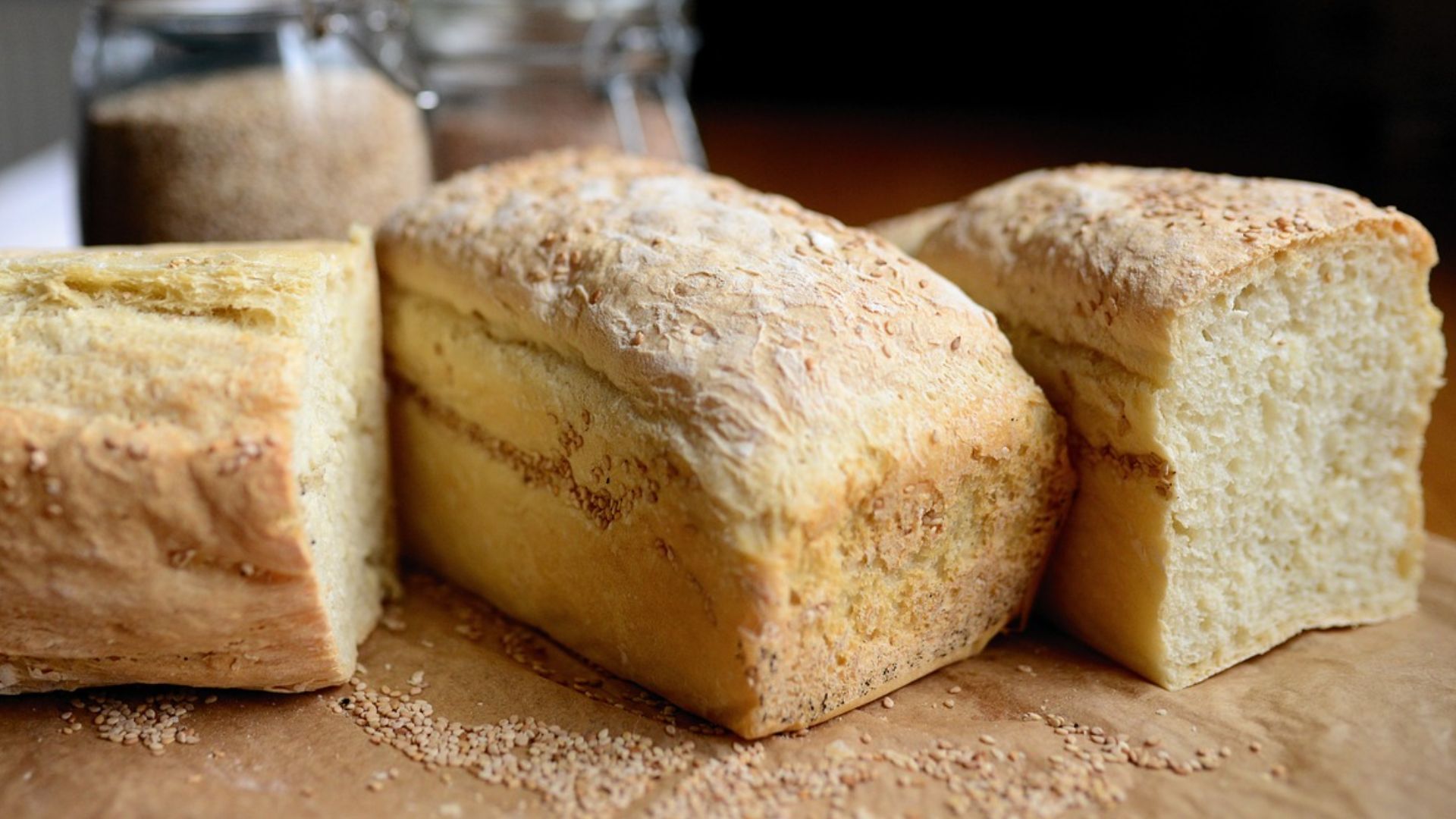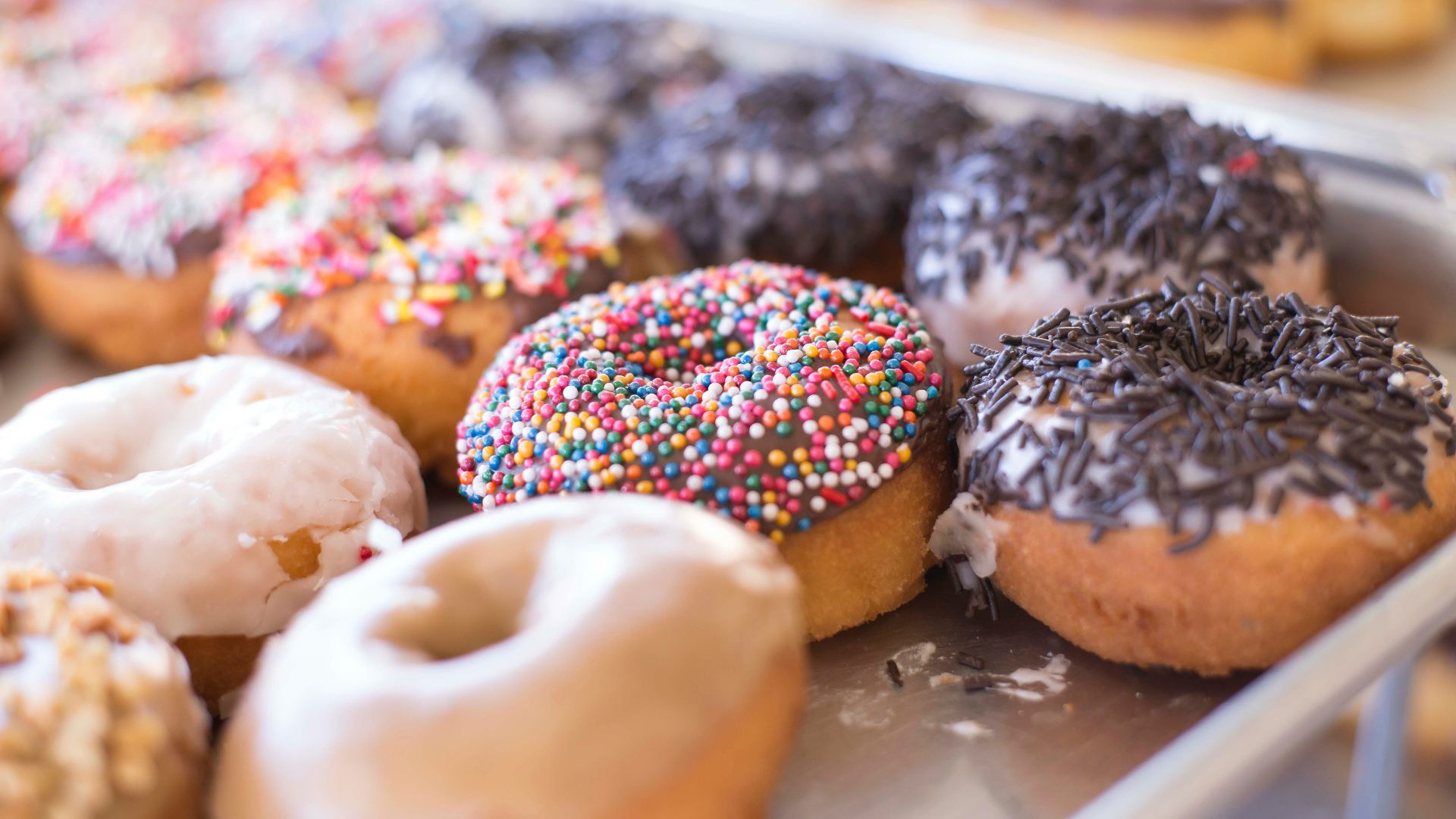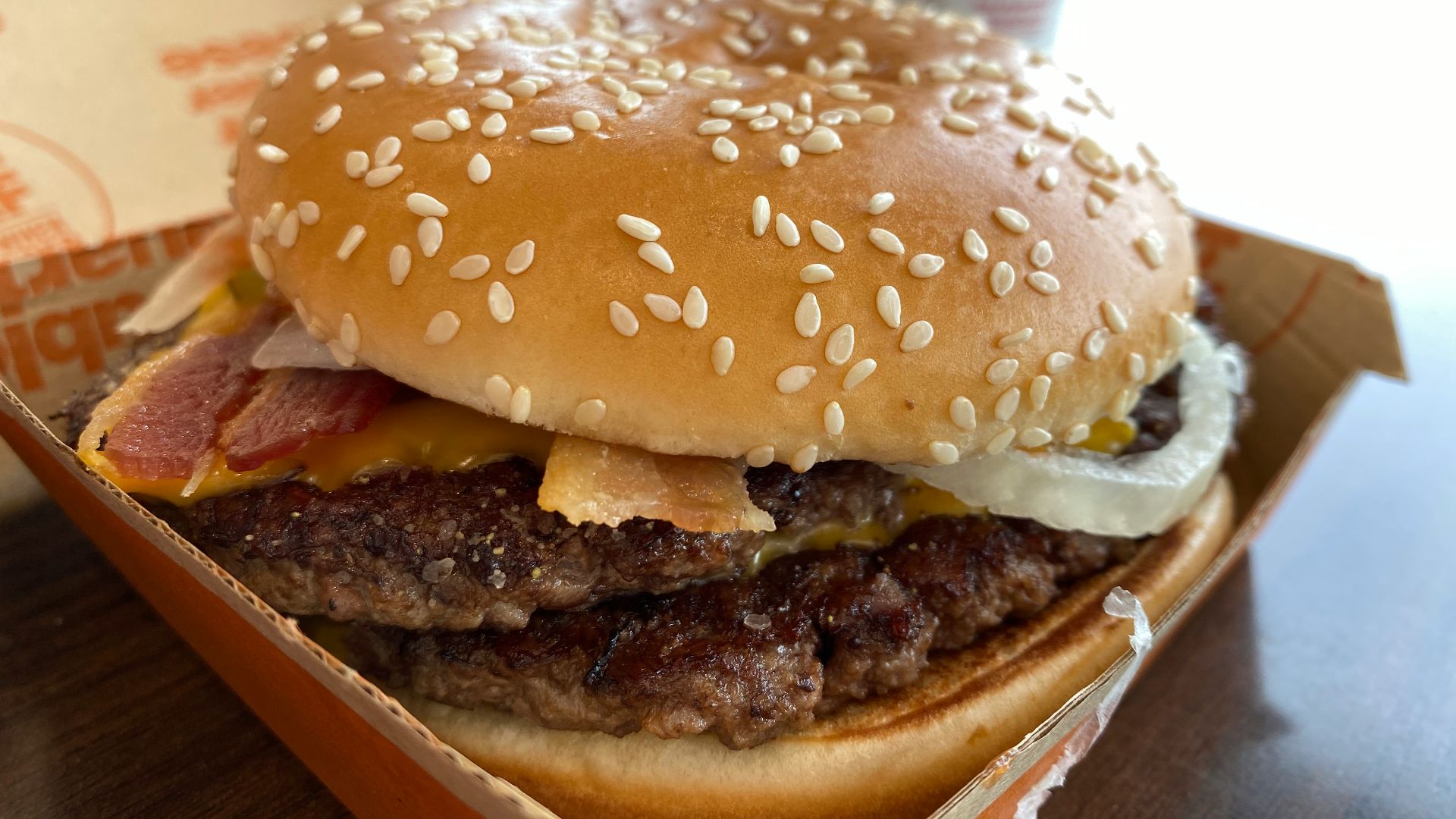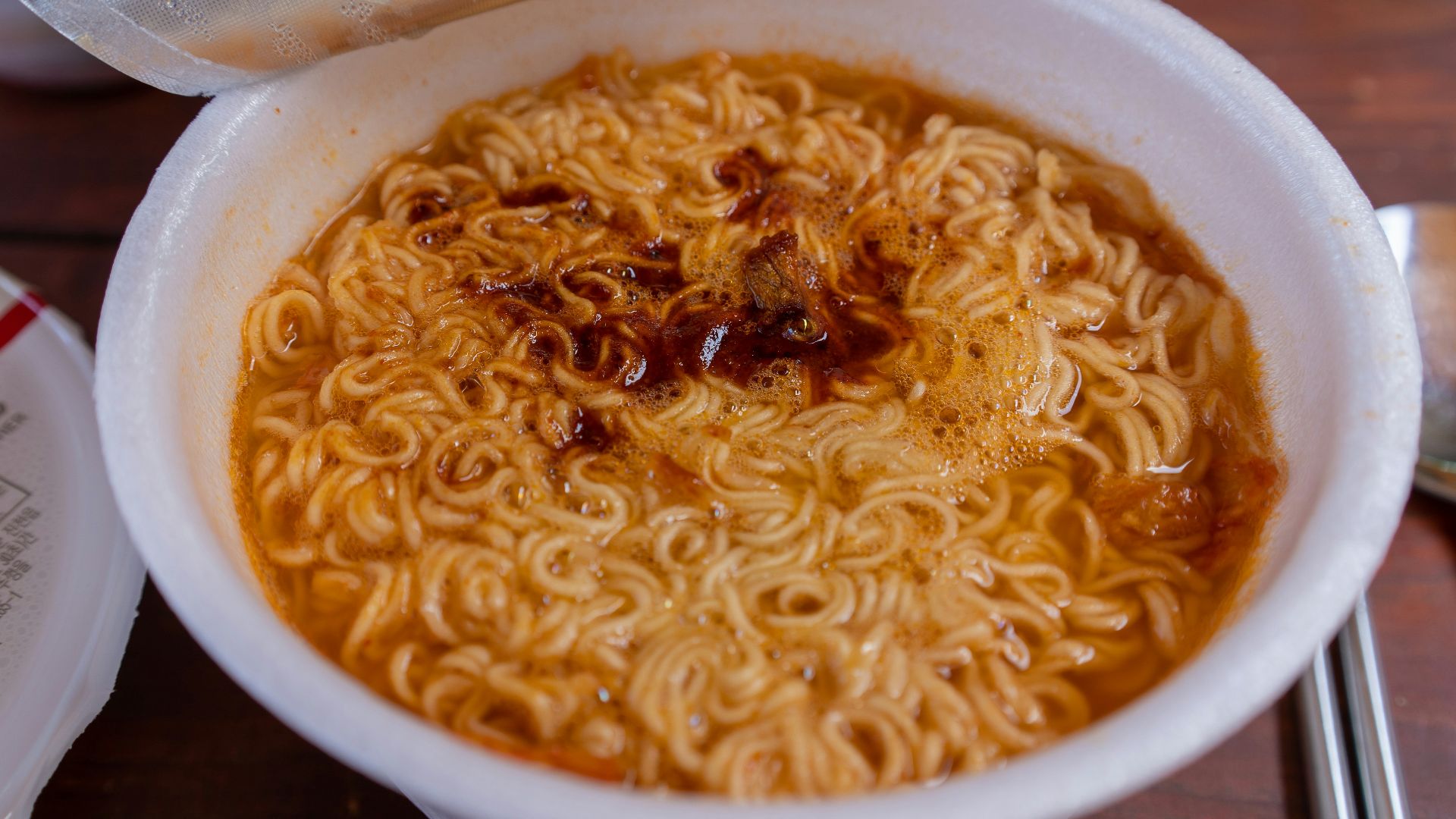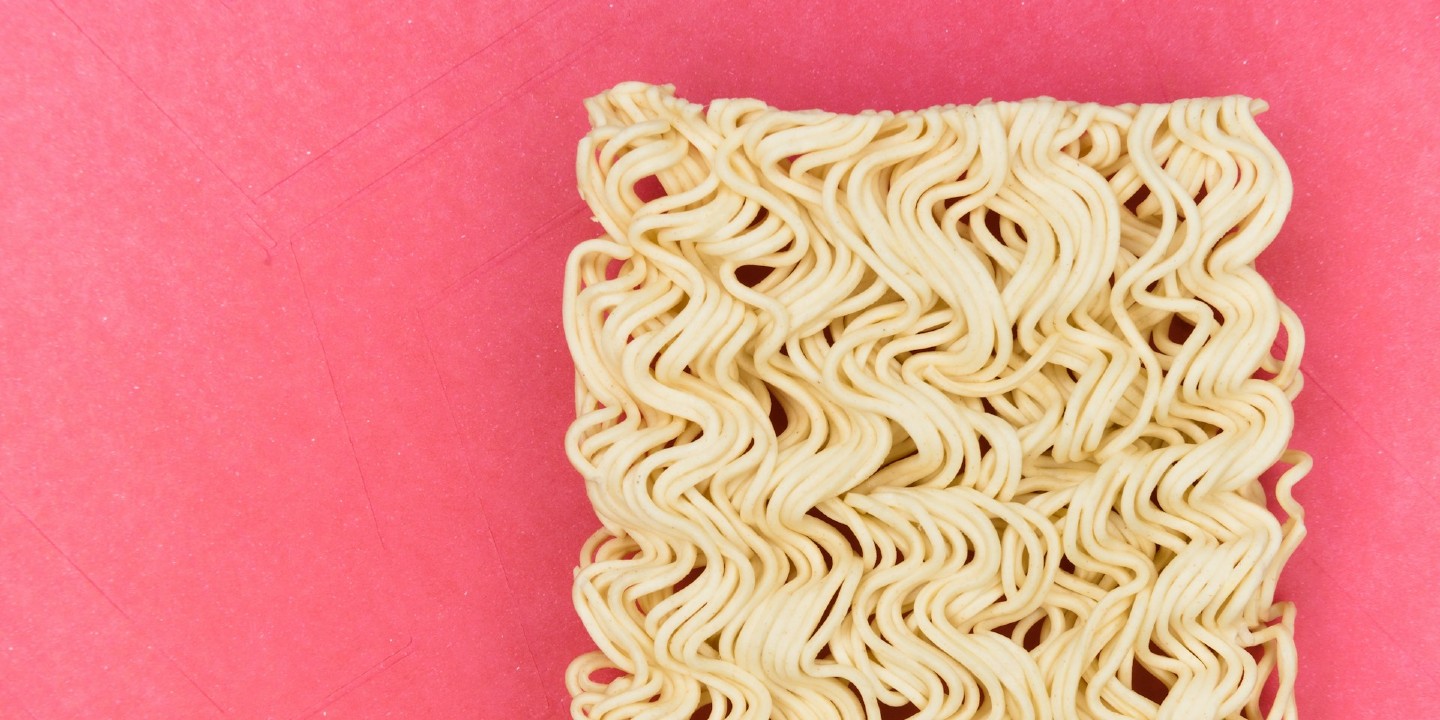10 Foods That Boost Mental Focus & 10 That Make Things Worse
Brain Fuel Or Brain Fog?
The stuff you eat every day does more than fill you up. Some foods have your back when you’re trying to concentrate, while others are out here wrecking your train of thought. This list breaks down what helps and what doesn’t. No judgment, just real talk. The first ten foods help boost your mental focus, while the other 10 are only good at making things worse.
1. Fatty Fish (Salmon, Sardines)
Few foods sharpen your brain quite like oily fish. Rich in omega-3 DHA, these slippery swimmers build cell membranes in your brain and reduce inflammation that clouds thoughts. When you add grilled salmon to lunch, your mental fog disappears.
2. Blueberries
Each tiny blueberry is packed with anthocyanins, a type of antioxidant. It’s a potent plant compound that crosses the blood-brain barrier and boosts neural communication. Regular consumption has been shown to improve cognitive function and memory. Add them to your oatmeal, or enjoy blueberries as a sweet snack.
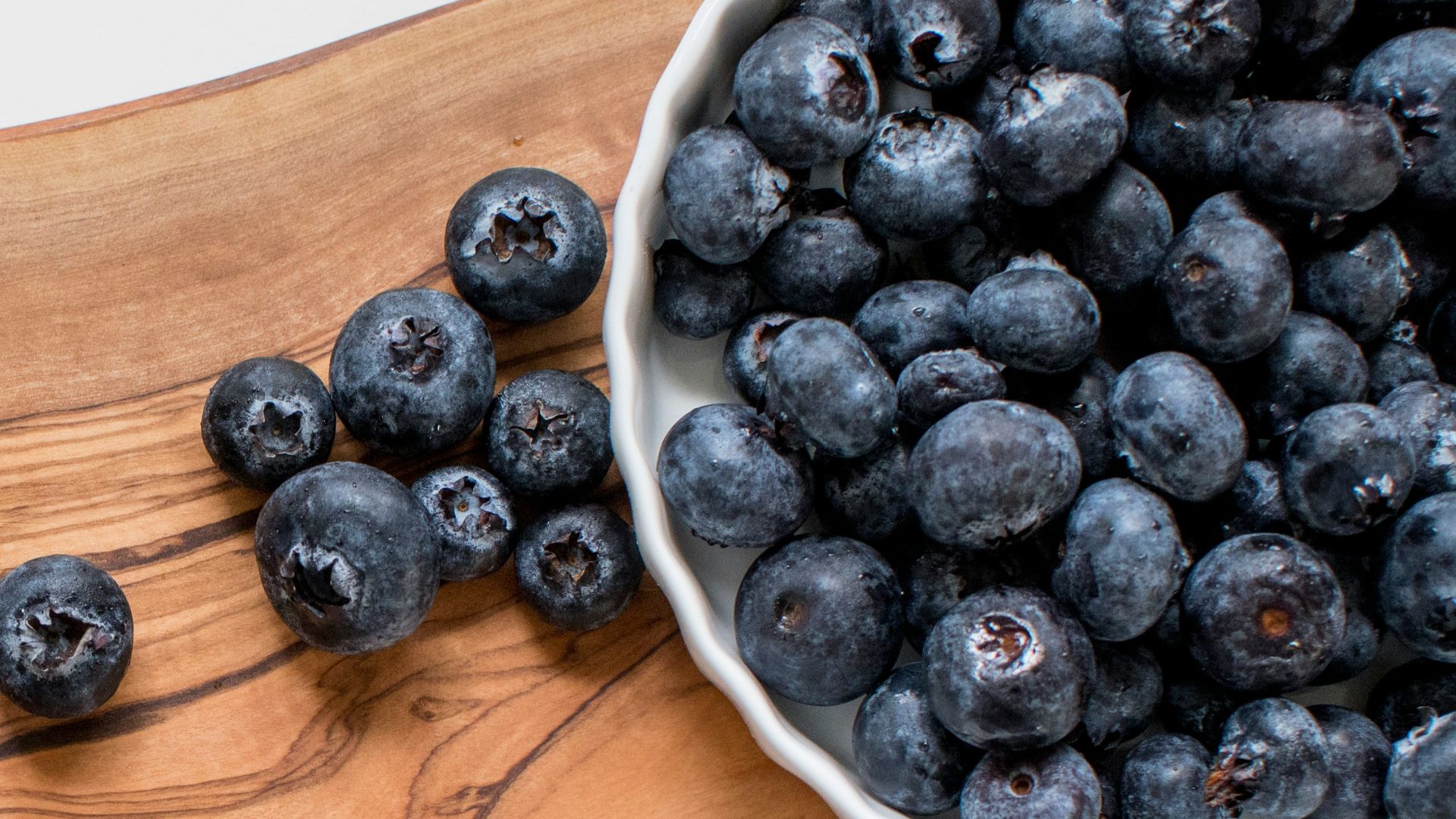 Davies Designs Studio on Unsplash
Davies Designs Studio on Unsplash
3. Dark Chocolate (70%+ Cacao)
Flavonoids and theobromine in dark chocolate work together to stimulate mental alertness. For this reason, it’s more than a satisfying treat. Just one or two squares after lunch can help you curb cravings while providing your brain with a gentle cognitive boost.
4. Leafy Greens (Spinach, Kale)
Fresh and nutrient-packed, these vegetables serve your mind a cocktail of nutrients. This cocktail includes lutein for vision and brain function, plus folate for memory. Leafy greens also provide vitamin K, which may help reduce the onset of dementia and cognitive impairment.
5. Eggs
Choline-rich yolks play a big role in neurotransmitter synthesis, especially acetylcholine, the memory messenger. Eggs are also abundant in lutein and zeaxanthin, which help regulate oxidative stress in the brain. The selenium present is also known to reduce inflammation.
6. Pumpkin Seeds
Crunchy and unassuming, yet a secret powerhouse. Rich in zinc, iron, and copper, these seeds support nerve function and help alleviate mental fatigue. The additional nutrients, magnesium, B vitamins, and tryptophan, are key stress-busters.
7. Oranges
Juicy and full of citrus goodness, an orange contains your daily vitamin C fix. That means strong antioxidant defense for brain cells, warding off damage. The folate content may also aid in stress relief among older adults.
8. Walnuts
One look at a walnut and it resembles a brain—no coincidence. These nuts are rich in antioxidants like alpha-linolenic acid (ALA). ALA, a plant-based long-chain omega-3 fatty acid, supports memory and mood. Antioxidants protect the brain from neurodegenerative and age-related diseases.
9. Avocados
Avocados are abundant in monounsaturated fats. They support healthy brain cell membranes and may enhance neurotransmitter production, thereby boosting learning and memory. These fruits also contain vitamin E and pantothenic acid, a nutrient for healthier brain function.
10. Broccoli
Broccoli carries a load of vitamin K, which improves cerebral blood flow. It is also abundant in sulforaphane, a potent nutrient that could potentially protect against neurodegenerative diseases. Together, these nutrients work to keep your brain resilient and support the body’s natural detoxification processes.
Next, coming up are ten foods that might seem harmless (or even comforting), but they could be quietly draining your mental sharpness. So, avoid these culprits to maintain your focus.
1. Refined Carbs
Your brain dislikes the sugar rollercoaster that refined carbs, such as white bread, offer it. These carbs trigger a surge of glucose, followed by a rapid crash that can dull concentration. This explains the multiple runs to get more, right?
2. Deep-Fried Foods
Satisfying and tempting, yes, but your focus pays the price. Such meals are high in oxidized oils, and they could lead to inflammation and slower neurotransmission. The ripple effect of inflammation is damage to the vessels that supply nutrition and oxygen to the brain.
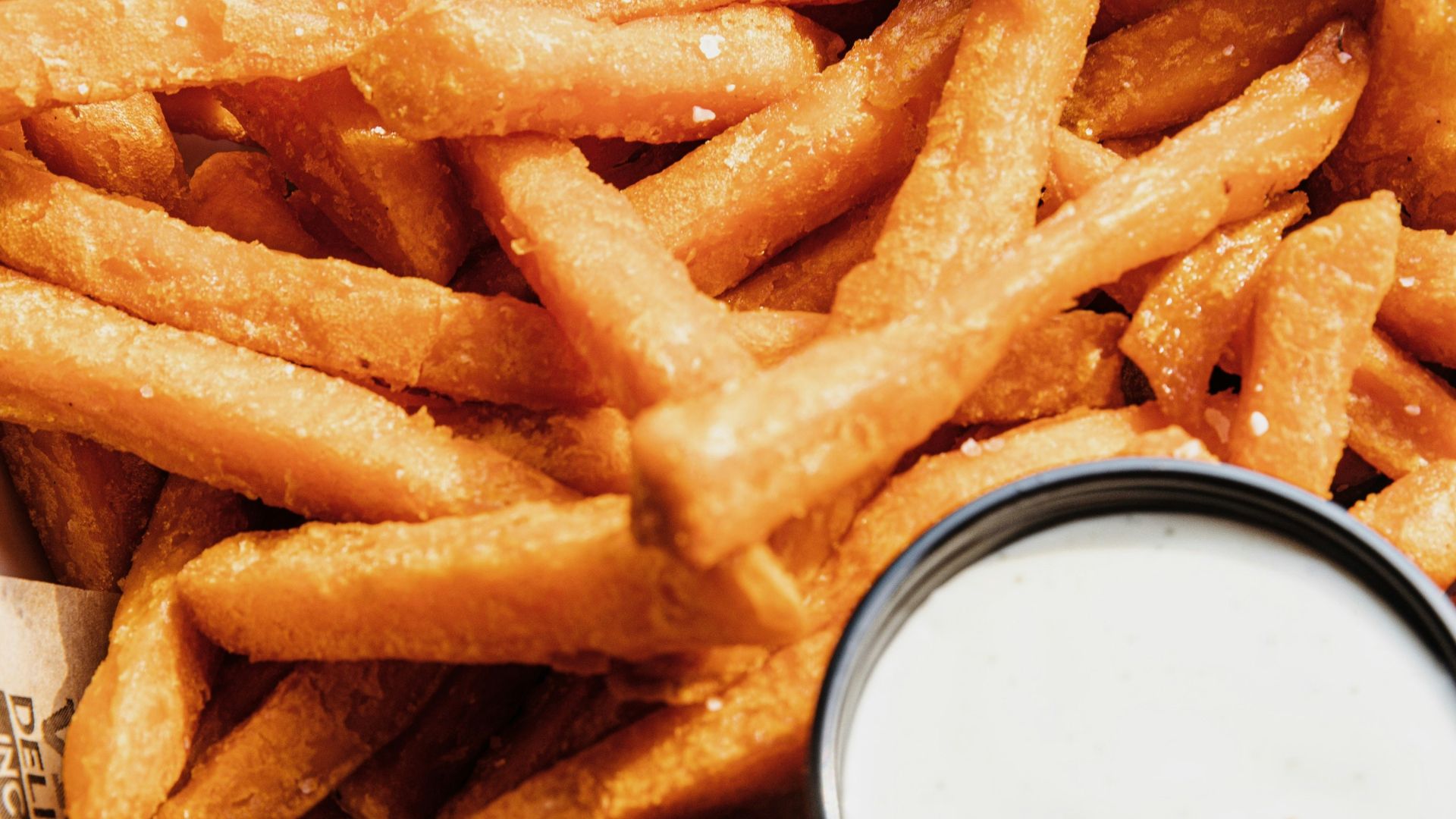 LOGAN WEAVER | @LGNWVR on Unsplash
LOGAN WEAVER | @LGNWVR on Unsplash
3. Processed Meats
Any ultra-processed meat, such as sausage, is loaded with preservatives and additives. Now, depending on the type, the effect of such substances is that they may interfere with your hormones. In kids, this might hinder growth and development.
4. High-Sugar Baked Goods
Behind every sugary bite of a muffin or donut lies a foggy aftermath. Baked goods that use refined flour spike blood sugar, exhaust insulin, and sap attention. If excess consumption of sugar is consistent over a longer period, it might heighten the risk of Alzheimer's.
5. Packaged Snacks (Crackers, Chips)
In this category, we include crackers and chips. Sure, they are convenient, crunchy, and cunningly addictive. But, underneath all that, these packaged snacks often hide hydrogenated oils and artificial flavorings. These substances may worsen inflammation.
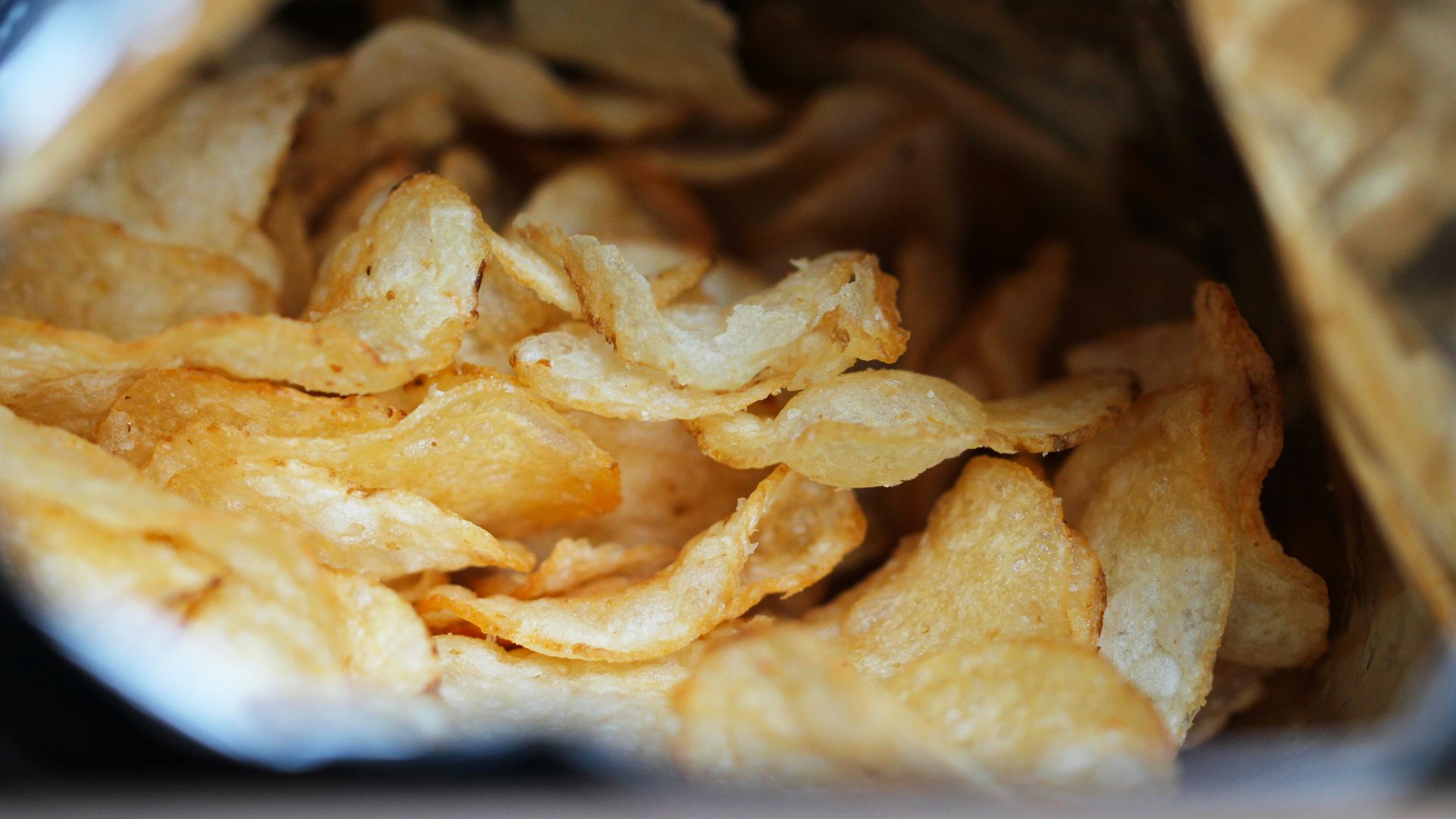 Esperanza Doronila on Unsplash
Esperanza Doronila on Unsplash
6. Fast Food Burgers
Most burgers are loaded with excess sodium, saturated fats, and artificial additives. The intake of high saturated fat has been shown to reduce synaptic plasticity, a process that affects learning and memory. Moreover, excess sodium could raise blood pressure and reduce cerebral blood flow.
7. Instant Noodles
Instant noodles may be quick and comforting, but they are not your brain's friend. These noodles come packed with high sodium and monosodium glutamate (MSG) content. MSG, in high doses, has been linked to headaches and brain fog in sensitive individuals.
8. Frozen Pizza
Frozen pizza’s base is refined carbohydrates. Then come the artificial preservatives used in the toppings and highly processed cheeses. This combo can cause blood sugar spikes and crashes, while also causing inflammation, which can impair cognitive function.
9. Energy Drinks
What looks like a quick fix often backfires. Most energy drinks overload your system with caffeine and sugar, spiking energy briefly before a sharp crash. This rollercoaster strains your nervous system and messes with your sleep, both of which your brain depends on to stay sharp.
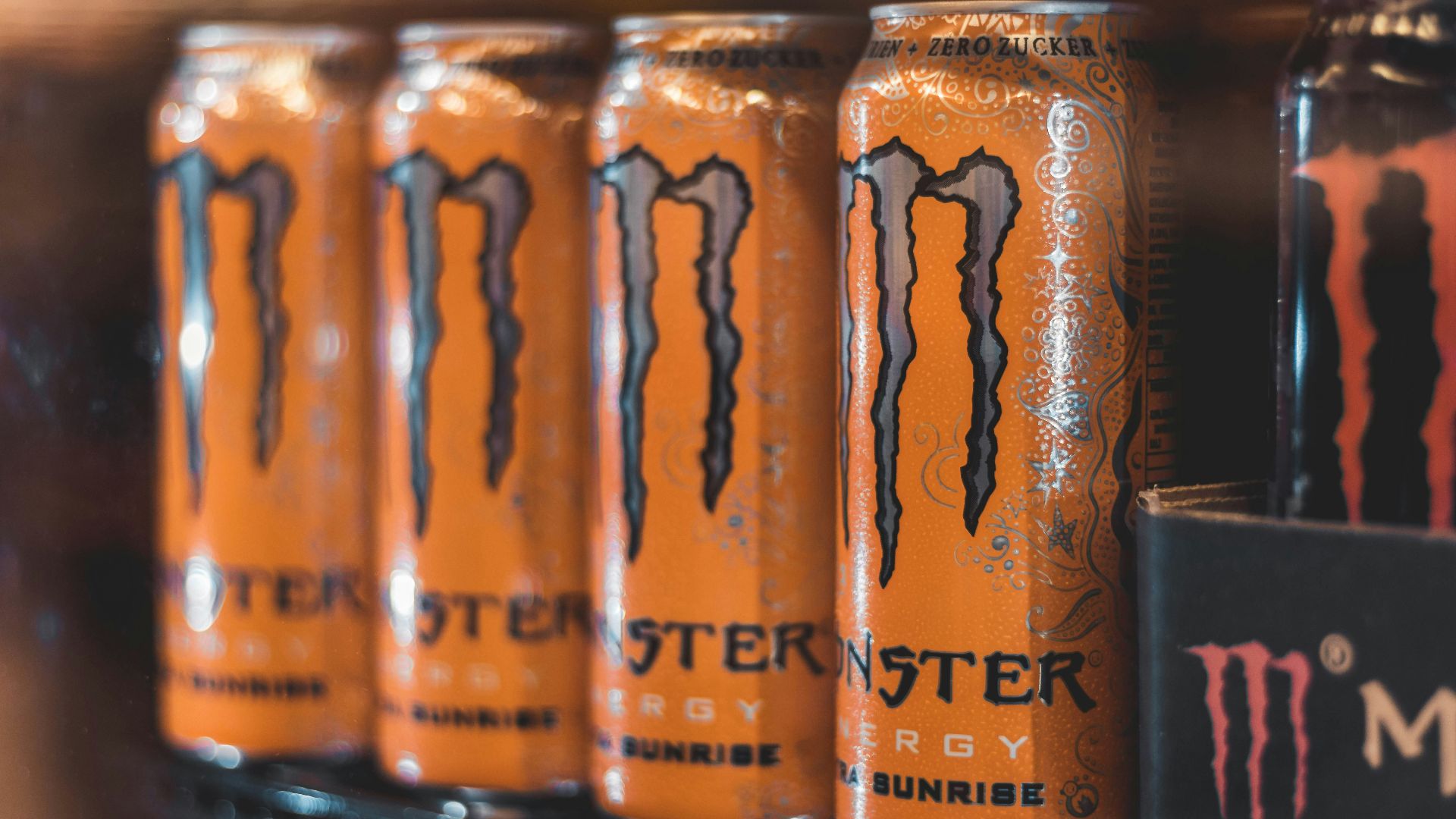 Christian Wiediger on Unsplash
Christian Wiediger on Unsplash
10. Mac And Cheese (Boxed/Processed)
Boxed macaroni and cheese is typically made with refined pasta and processed cheese that’s high in sodium and contains additives such as food dyes. Diets high in ultra-processed foods, such as these, have been linked to slower cognitive development in children and poorer memory performance in adults. How To Make: Kraft DELUXE Macaroni and Cheese by Casual Cooking
How To Make: Kraft DELUXE Macaroni and Cheese by Casual Cooking


